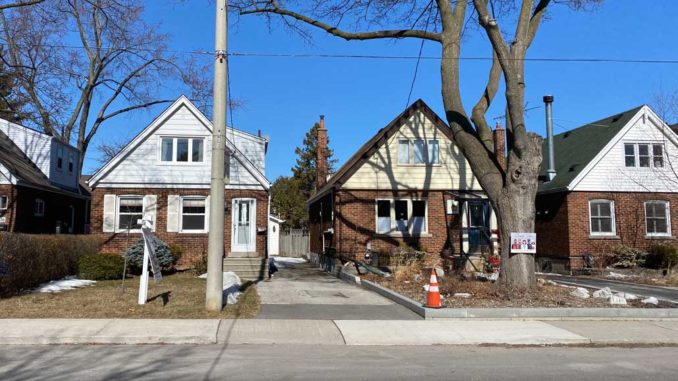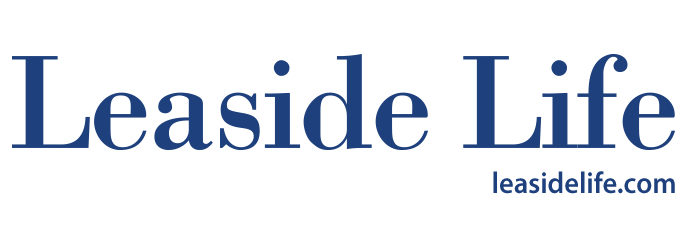
Last August this scribbler wrote about two applications (83 Glenvale and 67 Sutherland) heard by the North York Committee of Adjustment and complained that the hearings were “virtual but not virtuous”. Now I think the Committee may be seriously flawed, or worse. As before, there were issues with both the conduct of the hearing and substantive issues about the application. The LRA has submitted a report to City Planning regarding the procedural issues and has appealed the Committee’s decision to the Toronto Local Appeal Body.
What were the procedural issues? Lots!
- There were 16 letters of opposition from residents, plus a letter of opposition from the councillor; however, the written comments were not considered by the hearing in any way. Residents who mentioned the letters, and the widespread opposition to the application revealed by the letters, were brushed off by the Chair.
- The applicant was permitted to speak a second time to “rebut”, i.e. to address the residents’ concerns. The agent for the applicant did not do so but instead made derogatory comments regarding the residents’ homes. The Chair failed to point out that it was the applicant’s duty to limit their comments to the subject of their application, and also that such comments were inappropriate and offensive.
- The applicant made a request for amendments to the variances AFTER the residents had spoken, and since (unlike the applicant) they are not allowed to speak a second time they were deprived of an opportunity to comment on them.
- While disagreeing in principle that changes to the application made during the hearing should be allowed, it is acknowledged that it has been the past practice of the North York Committee of Adjustment to allow applicants to make changes to the requested variances at the beginning of the hearing, (in fact, the former Chair used to ask the agent for the applicant at the start of their presentation: are there any changes?). No changes were allowed later in the proceedings.
- The applicant was permitted to submit an amended application at the end of the hearing despite the Chair’s position that such an amendment cannot occur at such a late stage in the process. The neighbours’ mikes were shut off and so they could not object or make submissions against this late amendment. This was a serious violation of due process.
- It is clear that the applicant’s agent had this amendment in “his back pocket” in the event the hearing was not going well. He surprised all with this revised or “new” application. The neighbours were not given the opportunity to consider this “new” or amended application as their mikes were turned off. This was a serious breach of due process and the duty of fairness/natural justice.
- The Chair called the vote without “going into committee” to discuss the matter among the members. Instead of more considered decision–making this practice leads to “rubber-stamping” decisions.
- Despite the two presentations, the applicant failed to describe the application and the rationale for the variances. The onus to show that the 4 elements of the test under the Planning Act were met was on the applicant. The committee members failed to ask questions to ensure that this information was available to assist the Committee in its decision–making.
- The rubber-stamping of decisions by this Committee in its dealings with 140 Divadale Drive was apparent throughout the morning session. Each item was approved, despite residents’ objections in several cases. The same practices discussed above appeared to be present in those hearings also. This appears to be consequential to the lack of “fulsome and transparent consideration” “in committee” before a vote motion is tendered and a vote is called.
The LRA has submitted a report to City Planning finding that the Committee:
-
- Failed to provide a fair hearing
- Permitted a late amendment of the application without allowing the neighbours to speak to the amended application
- Failed to properly consider the application
- Was deferential to the applicant
All of which amounts to a violation of the rules of natural justice and due process.
What can be done about this? Councillor Jaye Robinson made a Motion at the December 16, 2020, City Council meeting to address problems with virtual committee of adjustment hearings.
http://app.toronto.ca/tmmis/viewAgendaItemHistory.do?item=2020.MM27.27
A report back is expected soon. However, the kind of fundamental justice concerns being raised point to issues of competence and suitability, and a serious need for training. May it be so.


